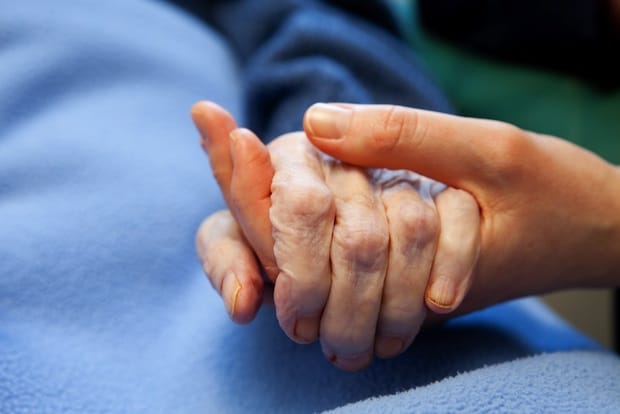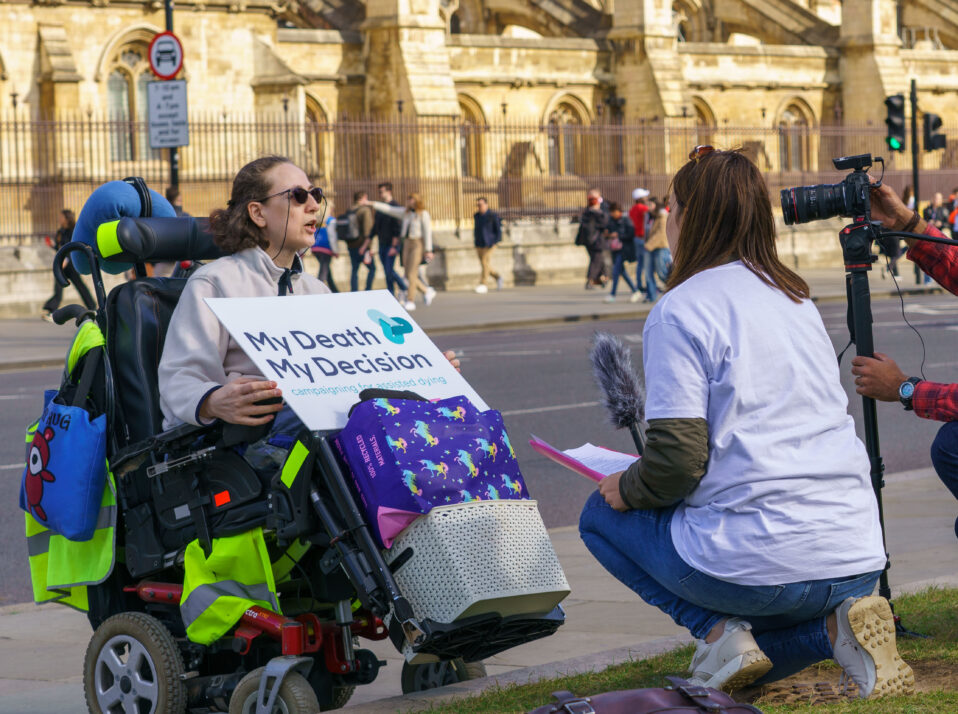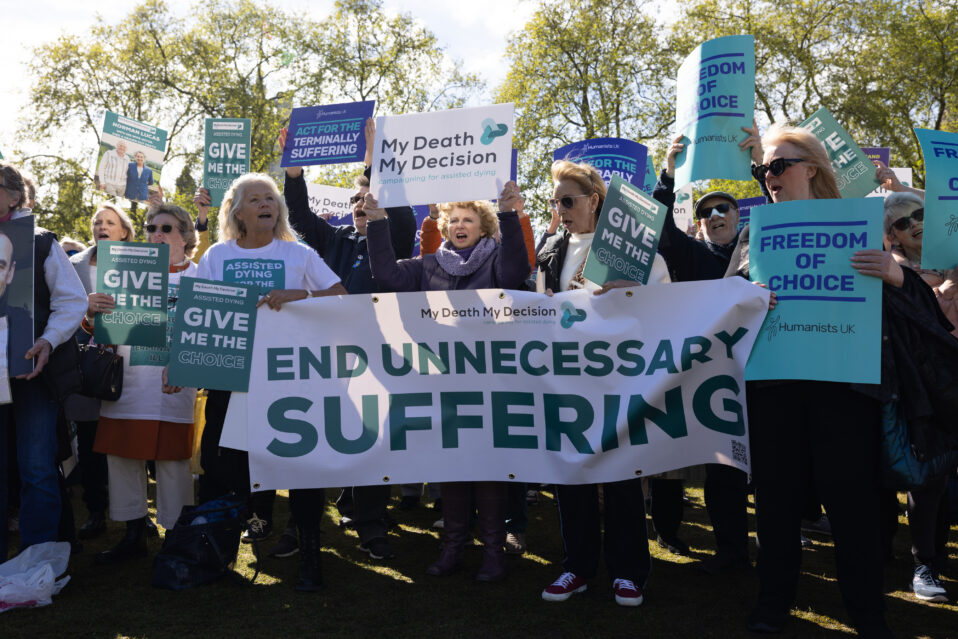 The Isle of Man took a step closer to introducing an assisted dying law today, as Dr Alex Allinson’s Assisted Dying Bill passed its first reading. The progress being made there, in Scotland and in Jersey shines a spotlight on Westminster, where the Health and Social Care Committee continues its inquiry into assisted dying.
The Isle of Man took a step closer to introducing an assisted dying law today, as Dr Alex Allinson’s Assisted Dying Bill passed its first reading. The progress being made there, in Scotland and in Jersey shines a spotlight on Westminster, where the Health and Social Care Committee continues its inquiry into assisted dying.
Dr Allinson’s Bill proposes a six-month maximum life expectancy criterion for anyone seeking an assisted death, similar in that respect to laws already operating in many US states – the most well-known being Oregon – and some of those in Australia.
At a meeting with members of Tynwald this morning before the first reading, Trevor Moore, Chair of My Death, My Decision explained to the politicians some of the differing models that apply in jurisdictions around the world. In particular, he mentioned the arbitrariness and discriminatory nature of a six-month criterion, as well as the exclusion of those suffering unbearably from incurable conditions. They will have the summer recess to deliberate before the second reading in October.
One of the questions raised was the ability of medical professionals to assess whether someone is being coerced into seeking an assisted death. Trevor explained that medical professionals have to assess this in many other contexts, including when someone opts to remove life-sustaining support. The safeguards proposed by Dr Allinson’s Bill are far greater than applied in everyday practice, with the proposed two independent assessors having the ability to refer to a third professional (most likely a psychiatrist), in appropriate cases.
Assuming that the Bill passes through the first chamber, the House of Keys, it will then need to be passed by the second chamber the Legislative Council. The timing is not precise, but it is possible that a law will be passed by this time next year.
Trevor Moore, Chair of My Death, My Decision, said:
“We must hope that our politicians at Westminster – and in particular the Health and Social Care Committee – take note of other jurisdictions like Isle of Man, Scotland and Jersey, where substantive steps are being taken towards having a compassionate assisted dying law. It lies in their hands to enable suffering people to choose when and where they die.”
Trevor Moore, Chair of @MDMDmydecision was in the Isle of Man earlier this week as a private members bill to bring in #AssistedDying laws on the Isle of Man had its first reading. Here he is on @BBCNews North West talking about the issue. 👏🏽 pic.twitter.com/OqFytTTgge
— MyDeath, MyDecision (@MDMDmydecision) June 28, 2023




 A majority of Surgeons support assisted dying, according to
A majority of Surgeons support assisted dying, according to 





Recent Comments